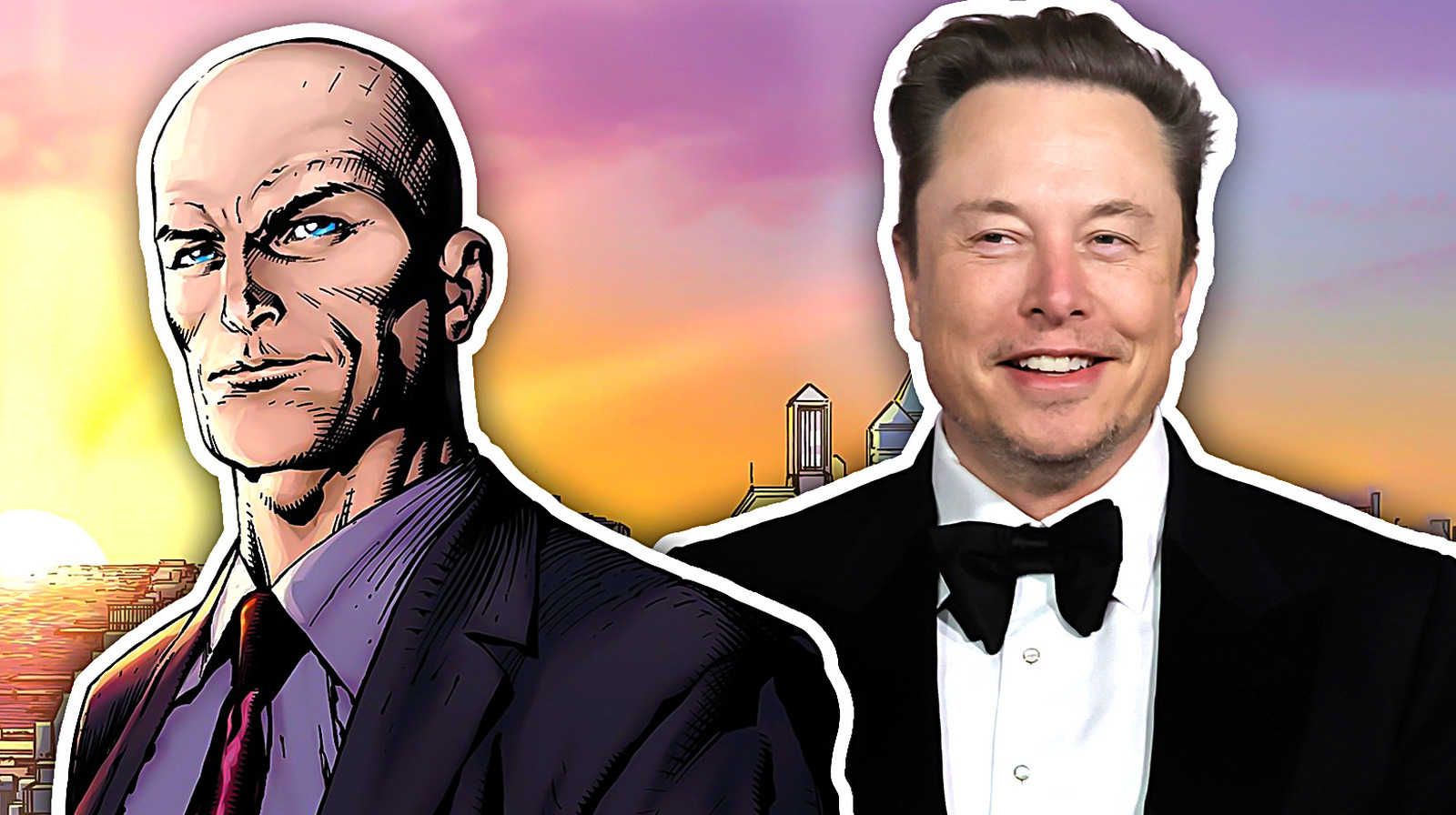
Lex Luthor being in comparison with Elon Musk is not the primary time the supervillain has been used as a stand-in for a real-life billionaire and social media proprietor. In “Batman v. Superman: Daybreak of Justice,” Luthor (Jesse Eisenberg) is offered as a younger, brash, fast-talking capitalist — mainly, a campy villain combined with Fb’s Mark Zuckerberg, a task Eisenberg performed in “The Social Community.” On the time, the actor was slammed for his efficiency as Luthor, which audiences felt was extra like a parody of social media magnates than the comedian guide model of Luthor.
DC Comics is not the one writer to not too long ago take a shot at Musk. Marvel’s “Roxxon Presents: Thor” #1 (by Al Ewing, Greg Land, Jay Leisten, Frank D’Armata, and Joe Sabino) throws quite a lot of pointed barbs on the controversial billionaire, with its meta-story poking enjoyable on the troubles being confronted by Tesla’s Cybertruck by offering pro-A.I. influencer Chad Hammer together with his personal, very buggy “Thor-Truck.” Mentioned to don’t have any weaknesses or crumple zones, the Thor-Truck parodies the security considerations which have arisen over the not too long ago recalled Cybertruck. The fictional car is proven to be extraordinarily harmful to have on the highway regardless of its vaunted technological developments, because it mows by way of harmless bystanders as Hammer drives it with glee.
Finally, Musk hasn’t helped himself keep away from the comparisons to being a comic book guide villain because of his dealing with of X/Twitter and his over-promising and under-delivering on know-how just like the Cybertruck. As an alternative, he is opened himself as much as criticism from the media, and each Marvel and DC Comics have made positive to satirize the billionaire successfully. Luthor’s “attention-grabbing” remark is solely the most recent instance of how effectively his persona aligns with that of a supervillain.


